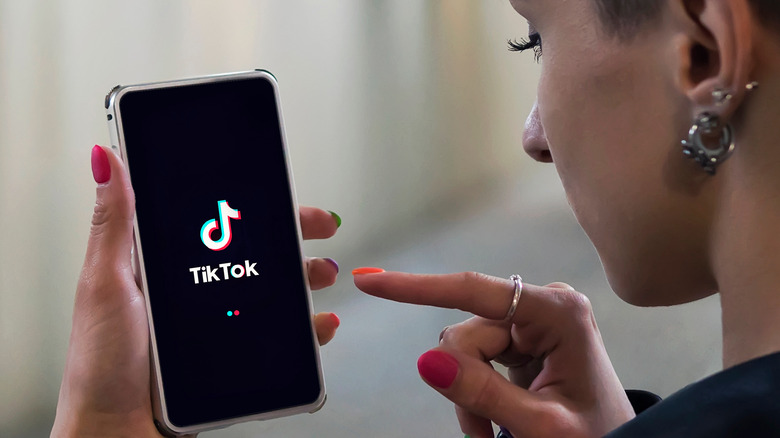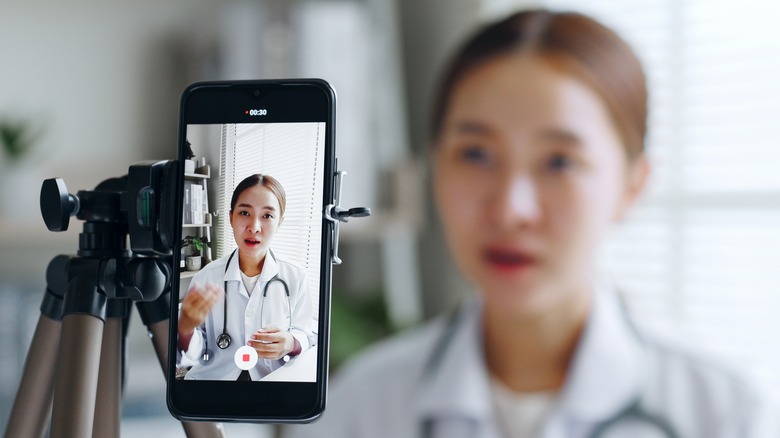Should You Use TikTok As A Mental Health Resource?
Within the last few years, TikTok has become a popular mental health resource for many young people across the country. Believe it or not, a growing number of mental health professionals have joined the platform, and more users are discussing their own mental health issues at an increasing rate. In fact, some of the most common hashtags on TikTok relate specifically to mental illness and other similar issues. According to the Los Angeles Times, the hashtag #mentalhealth had more than 20 billion views on TikTok as of January 2022, and the hashtags #anxiety and #adhd are not far behind, amassing more than 11 billion and 9 billion views, respectively.
While talking about mental health on social media can certainly help you connect with others and feel less alone, there are some significant drawbacks as well. For people who don't have access to traditional types of mental health services, TikTok is a cost-free and accessible way to learn more about mental health issues and start a dialogue about their symptoms. However, this information needs to be accurate in order to help in any way.
What TikTok can't do for your mental health
According to Healthline, one drawback of using TikTok as a mental health resource is the amount of misinformation on the platform. Not everyone on TikTok who claims to be a mental health expert is who they say they are. Furthermore, not everyone giving advice is telling the truth. Dr. Naomi Torres-Mackie, a psychologist at Lenox Hill Hospital, told Healthline that much of the information about mental health floating around on TikTok can be false, misleading, or confusing. "Even when valid information is presented without context as it often is on social media, it can lead to false conclusions," Torres-Mackie told Healthline.
For instance, sharing one symptom of a mental health disorder, like ADHD, doesn't mean you have the condition. Not knowing the clinical criteria can be confusing and may cause you to believe otherwise. While platforms like TikTok may be more accessible, there's a lot of inaccuracy and a lack of back-and-forth dialogue that is typically necessary for proper mental health assessment and treatment. That's why experts recommend seeking out other sources, like the Mental Health Coalition, the National Alliance on Mental Illness, and Mental Health America, which provide free and extensive resources from licensed health professionals online.
If you or someone you know is struggling with mental health, please contact the Crisis Text Line by texting HOME to 741741, call the National Alliance on Mental Illness helpline at 1-800-950-NAMI (6264), or visit the National Institute of Mental Health website.


